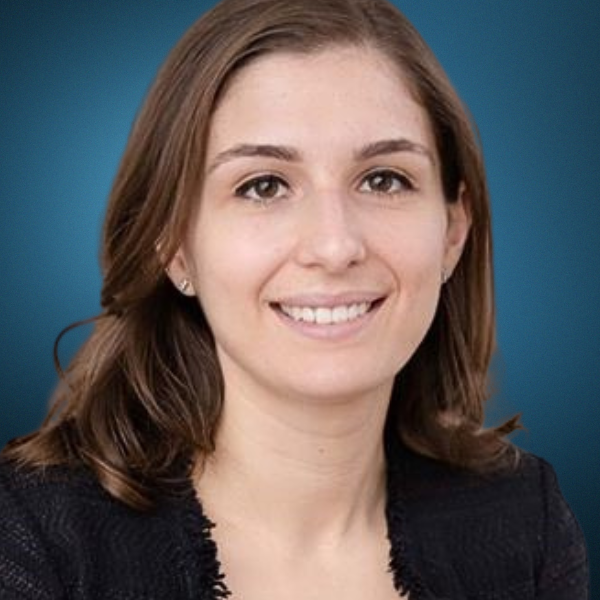 In this last episode of Series 1 of Humanities at Large, Kamari Maxine Clarke joins host Melissa Gismondi for a discussion about Clarke's work on absences in historical knowledge and archives, particularly in the context of Black and Indigenous lives. They explore Clarke's interest in documenting and making visible forms of knowledge and memory that are often rendered invisible or unintelligible, such as oral histories, stories, and everyday experiences. She advocates for more interdisciplinary and imaginative approaches to exploring knowledge and social memory, including the use of "critical fabulation" to fill in gaps in the historical record. She also discusses her work analyzing the use of satellite imagery and other technologies to document human rights abuses, noting the limitations of these tools in capturing the deeper structural and historical contexts of violence. Kamari Maxine Clarke was one of the JHI's 2023-24 Faculty Research Fellows and her research project examined the problem of absence-presence in the Black Atlantic World.
In this last episode of Series 1 of Humanities at Large, Kamari Maxine Clarke joins host Melissa Gismondi for a discussion about Clarke's work on absences in historical knowledge and archives, particularly in the context of Black and Indigenous lives. They explore Clarke's interest in documenting and making visible forms of knowledge and memory that are often rendered invisible or unintelligible, such as oral histories, stories, and everyday experiences. She advocates for more interdisciplinary and imaginative approaches to exploring knowledge and social memory, including the use of "critical fabulation" to fill in gaps in the historical record. She also discusses her work analyzing the use of satellite imagery and other technologies to document human rights abuses, noting the limitations of these tools in capturing the deeper structural and historical contexts of violence. Kamari Maxine Clarke was one of the JHI's 2023-24 Faculty Research Fellows and her research project examined the problem of absence-presence in the Black Atlantic World.
 Humanities at Large is a podcast from the Jackman Humanities Institute that features conversations with our Fellows—scholars, artists and thinkers—who explore how the humanities can offer fresh perspectives on historic and contemporary issues. Organized around an annual theme, Humanities at Large is a must-listen for anyone passionate about the power of ideas! Series 1 includes conversations with Teresa Heffernan, Chloe Bordewich, Nilanjan Das, Jane Wolff, Olivia Shortt and Kamari Maxine Clarke.
Humanities at Large is a podcast from the Jackman Humanities Institute that features conversations with our Fellows—scholars, artists and thinkers—who explore how the humanities can offer fresh perspectives on historic and contemporary issues. Organized around an annual theme, Humanities at Large is a must-listen for anyone passionate about the power of ideas! Series 1 includes conversations with Teresa Heffernan, Chloe Bordewich, Nilanjan Das, Jane Wolff, Olivia Shortt and Kamari Maxine Clarke.
Host Melissa Gismondi (she/her) is an award-winning writer and audio producer. She holds a PhD in American history and was the 2020-2021 New Media Public Humanities Fellow at the Jackman Humanities Institute.
Listen now above or on Apple, Spotify, Amazon Music, iHeartRadio, YouTube, Deezer or Player FM. For a full list of all available episodes visit out podcast page.
Series 1—Absence
Absence takes many forms - absence as loss, abandonment, and omission; absence as exile, separation, and unbelonging; and, paradoxically, absence as boundless, infinite, and transcendent. Ways of knowing, communal memory, as well as personal and cultural identities are all shaped, challenged, and even denied by various types of absences. Voids, silences, privations, gaps and solitudes are forces in themselves. What is not there can be even more powerful than what is there. How does absence affect our views of and place in the world? What meaning can we make of those “blank void regions”? What happens when absence is present? How are today's technologies and our networked world challenging the binary distinction of presence and absence?


